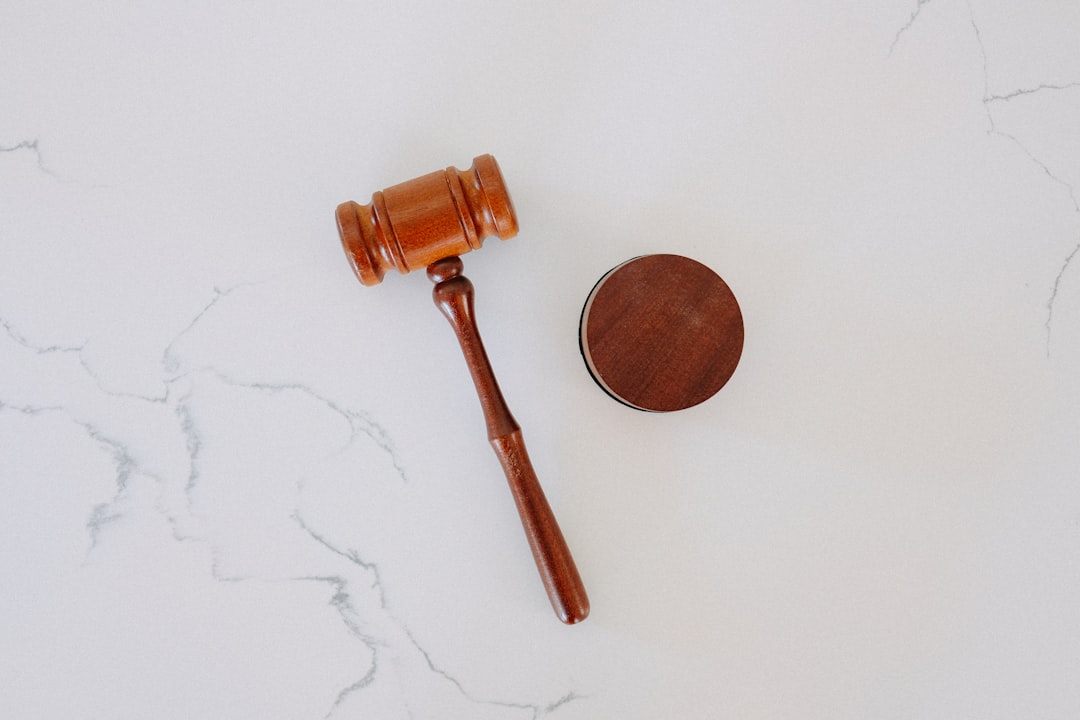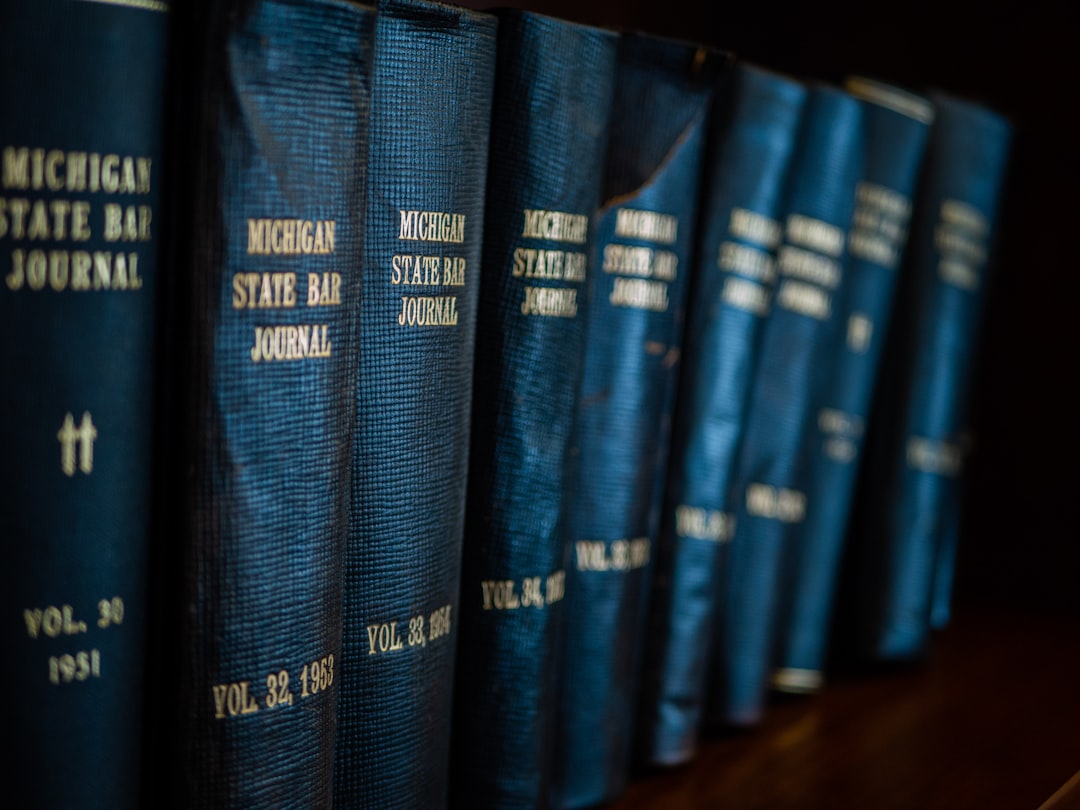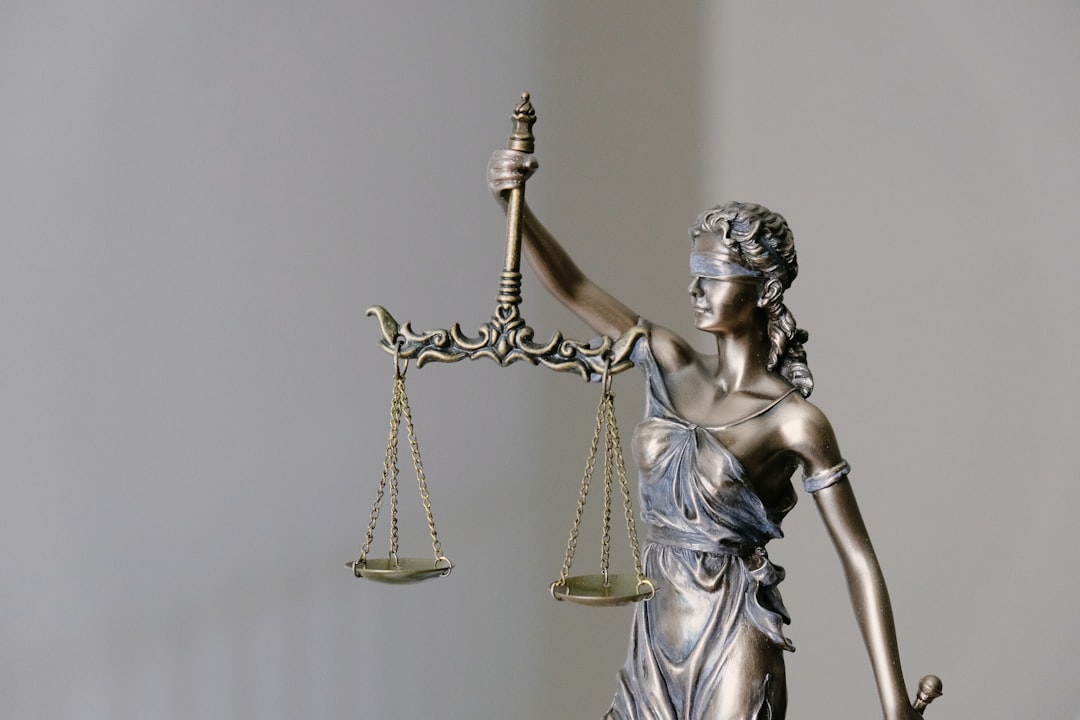Cell phone data is a game-changer in sexual assault cases, with reputable rape law firms in Chicago, IL, leveraging GPS, call logs, and texts to build robust legal strategies. This technology can either corroborate or contradict witness testimonies, such as proving an accused person's alibi or incriminating them. In Chicago, strict protocols ensure privacy rights while utilizing this data to navigate complex rape laws and help juries reach informed verdicts. While presenting ethical challenges, cell phone data analysis aids in building strong defenses for rape law firms, ultimately supporting justice for all involved.
In the complex landscape of sexual assault cases, innovative tools like cell phone data are reshaping defenses. A leading rape law firm in Chicago, IL, explores this evolving legal frontier. Understanding how cell phone records can navigate a case’s intricate timeline and location is key to crafting robust strategies. From establishing alibis to challenging prosecution claims, this article delves into the admissibility, privacy implications, and real-world applications of cell site data in Chicago sexual assault defenses.
Understanding Cell Phone Data: A Tool for Legal Defense

In the realm of criminal defense, especially in cases involving sexual assault, cell phone data has emerged as a powerful tool. A rape law firm in Chicago, IL, can leverage this technology to build robust legal strategies. Cell phones hold vast amounts of information, including call logs, text messages, and, most crucially, GPS location data. This data can provide insights into a defendant’s whereabouts during the alleged incident, potentially disproving or corroborating the victim’s account.
For instance, in sexual assault cases, cell phone records might reveal that the accused was not at the scene or, conversely, confirm their presence. This evidence can significantly impact the outcome of the case. A skilled attorney from a rape law firm in Chicago IL can use this data to navigate complex legal landscapes, ensuring justice for all parties involved.
The Admissibility of Cell Site Location Information in Court

In recent years, cell phone data has become a valuable tool in criminal defenses, especially in sexual assault cases. The admissibility of cell site location information in Chicago courts is a significant development in rape law. This data provides precise details about an individual’s whereabouts, which can be instrumental in building or challenging a case. For instance, a rape law firm in Chicago IL might utilize this evidence to demonstrate that the accused was not at the scene during the alleged crime, thereby exonerating them.
Cell phone carriers maintain detailed records of network usage, including the locations and timings of calls and data connections. This information is often sought by legal professionals as it can corroborate or contradict witness testimonies. However, the admission of such evidence requires strict adherence to legal protocols, ensuring that privacy rights are respected while allowing for a fair trial.
Tracking Movement: How Phone Data Can Prove or Disprove Alibi

In the realm of sexual assault cases, cell phone data has emerged as a powerful tool that can significantly impact defense strategies. Tracking movement through phone records offers a unique perspective on a defendant’s whereabouts during the alleged incident, which is a crucial aspect for building or challenging an alibi. For instance, in Chicago, where rape law firms often rely on cutting-edge technology, this data can either prove or disprove an individual’s claim of being elsewhere at the time of the assault. By analyzing call histories and GPS coordinates, attorneys can construct a detailed narrative, supporting or refuting their client’s innocence.
For example, if a defendant claims they were in a different part of the city during the reported rape, phone data might reveal consistent movements within close proximity to the crime scene. Alternatively, records could show frequent calls or messages exchanged with the victim, providing circumstantial evidence that contradicts the alibi. This information can be pivotal in shaping the defense’s argument and navigating Chicago’s complex rape laws, ultimately guiding the jury towards a more informed verdict.
Privacy Concerns and Ethical Use of Cellular Data in Sexual Assault Cases

The ethical use of cell phone data in sexual assault cases raises significant privacy concerns, especially given the sensitive nature of such incidents. In Chicago, as in many jurisdictions, rape law firms and legal professionals must navigate a delicate balance between utilizing digital evidence and respecting individual privacy rights. With advancements in technology, cellular data has become a valuable tool for investigators, offering real-time location tracking, call history, and text messages that could potentially strengthen or weaken a case. However, this access to personal information invites scrutiny and ethical dilemmas.
Chicago’s rape law firms must ensure that any acquisition and use of cell phone data adhere to strict legal protocols. This includes obtaining proper warrants, following data privacy regulations, and maintaining transparency with clients whose digital information is accessed. The ethical handling of cellular evidence not only upholds the integrity of the justice system but also restores trust in a process that often involves deep trauma for victims.
Case Studies: Successful Defense Strategies Employing Cell Phone Data

In recent years, cell phone data has emerged as a powerful tool in the defense of sexual assault cases. Case studies across the country have demonstrated successful strategies where rapes law firms in Chicago, IL and elsewhere have utilized this digital evidence to challenge the prosecution’s narrative. For instance, in one notable case, an attorney from a rape law firm in Chicago successfully argued that inconsistencies between the victim’s initial report and later statements could be attributed to the emotional turmoil of the moment, rather than fabricated claims, thanks to a detailed analysis of call logs and GPS data from the defendant’s phone.
Another compelling example involves the examination of text messages and social media activity, revealing potential motive or lack thereof for the alleged assault. By presenting this counter-evidence, defense teams can create reasonable doubt in the minds of jurors, leading to not guilty verdicts. These case studies highlight how innovative use of cell phone data is reshaping rape trials, offering new avenues for effective sexual assault defense strategies right here in Chicago, IL.






